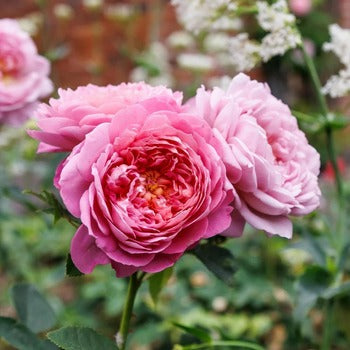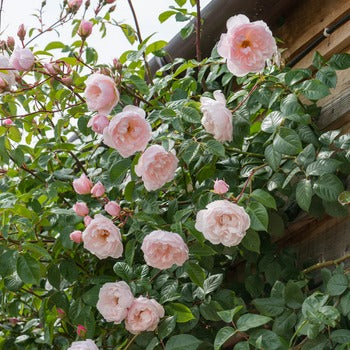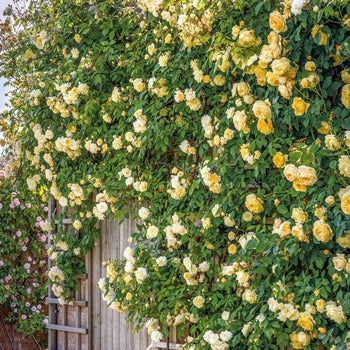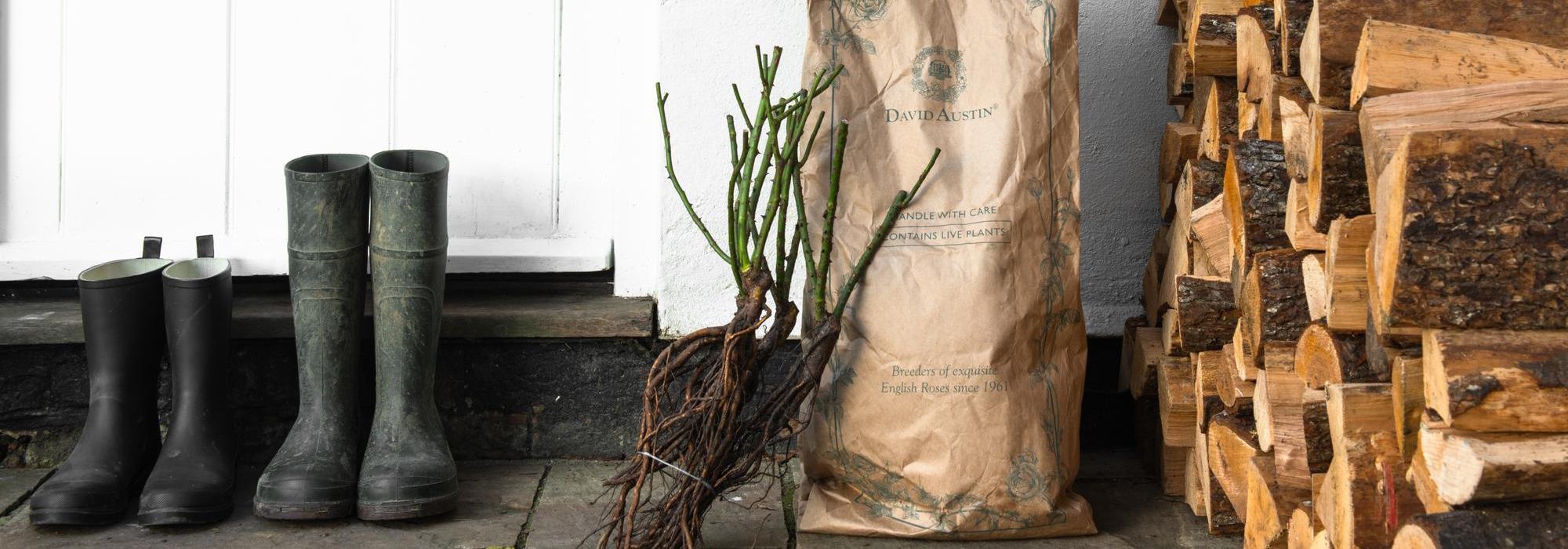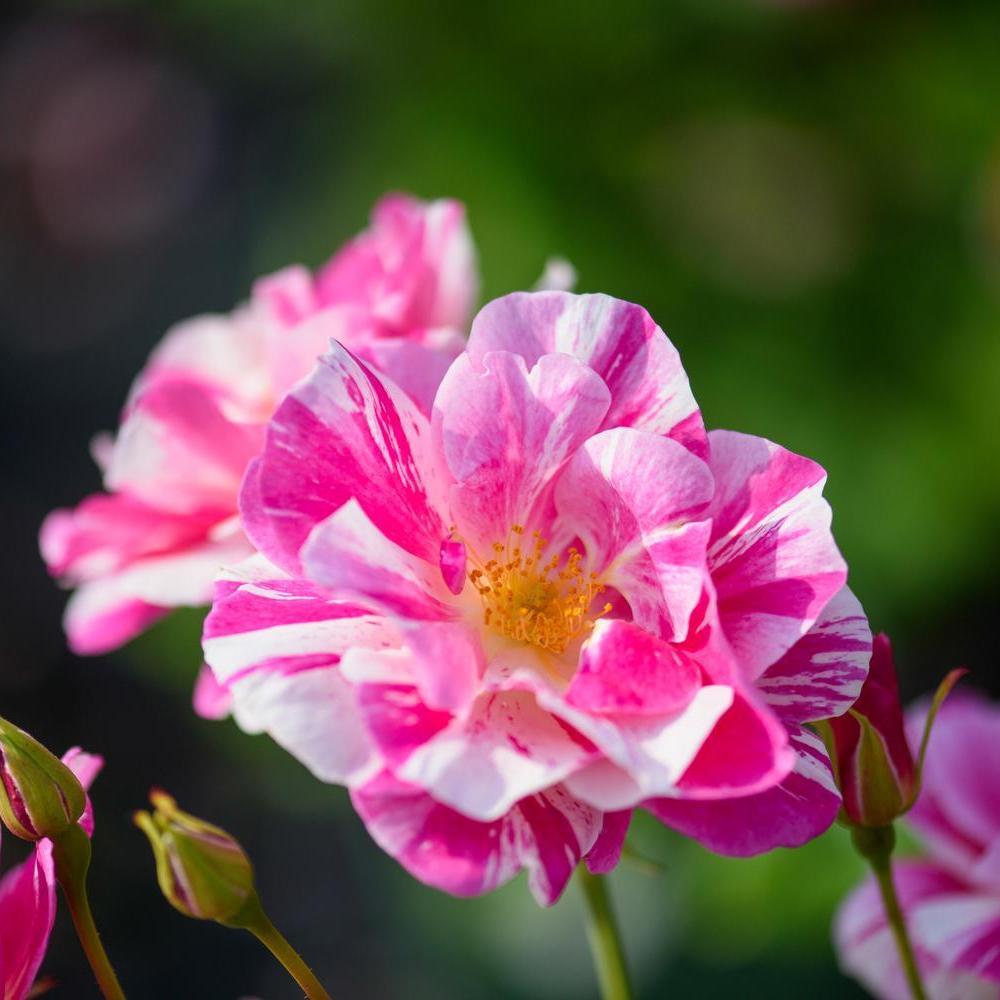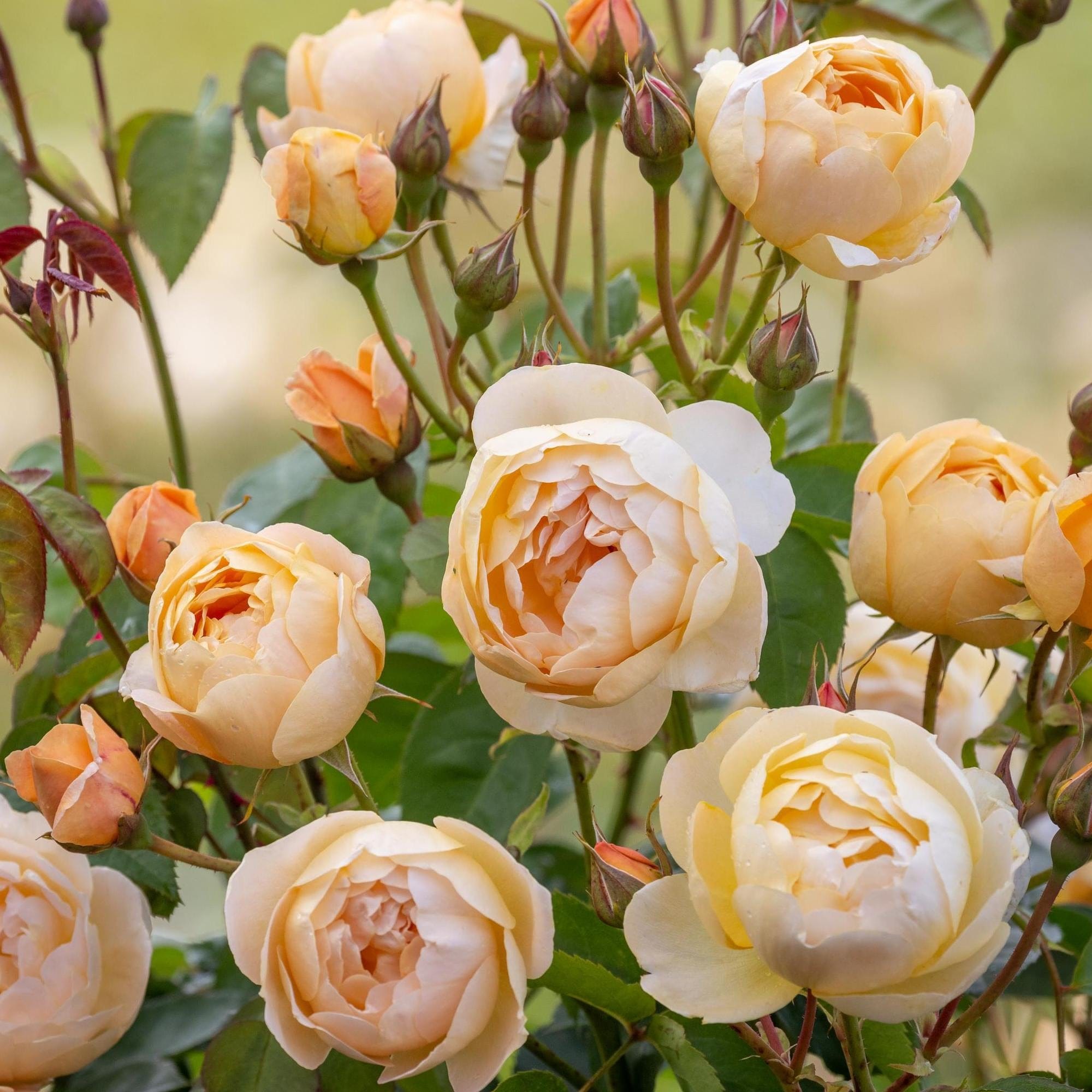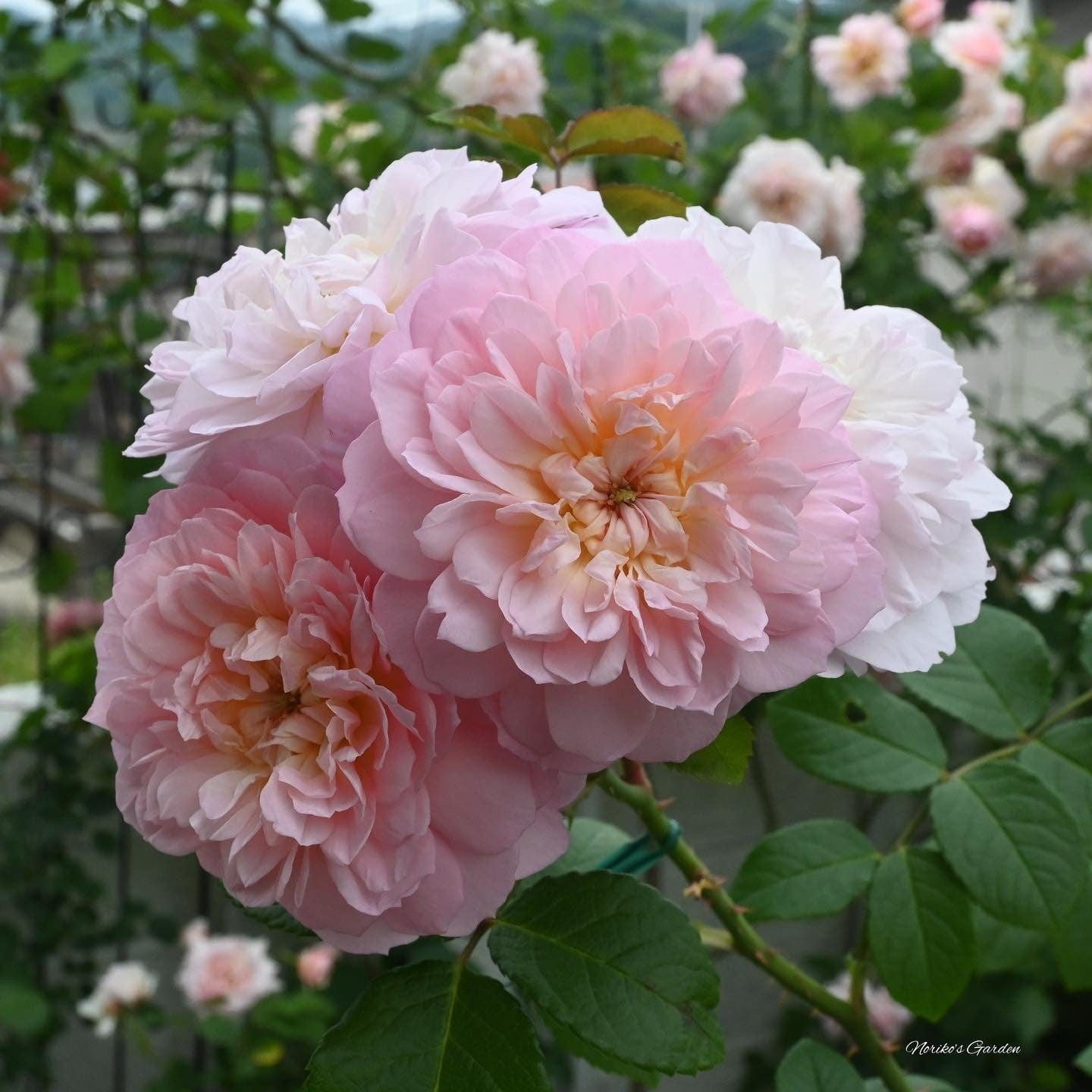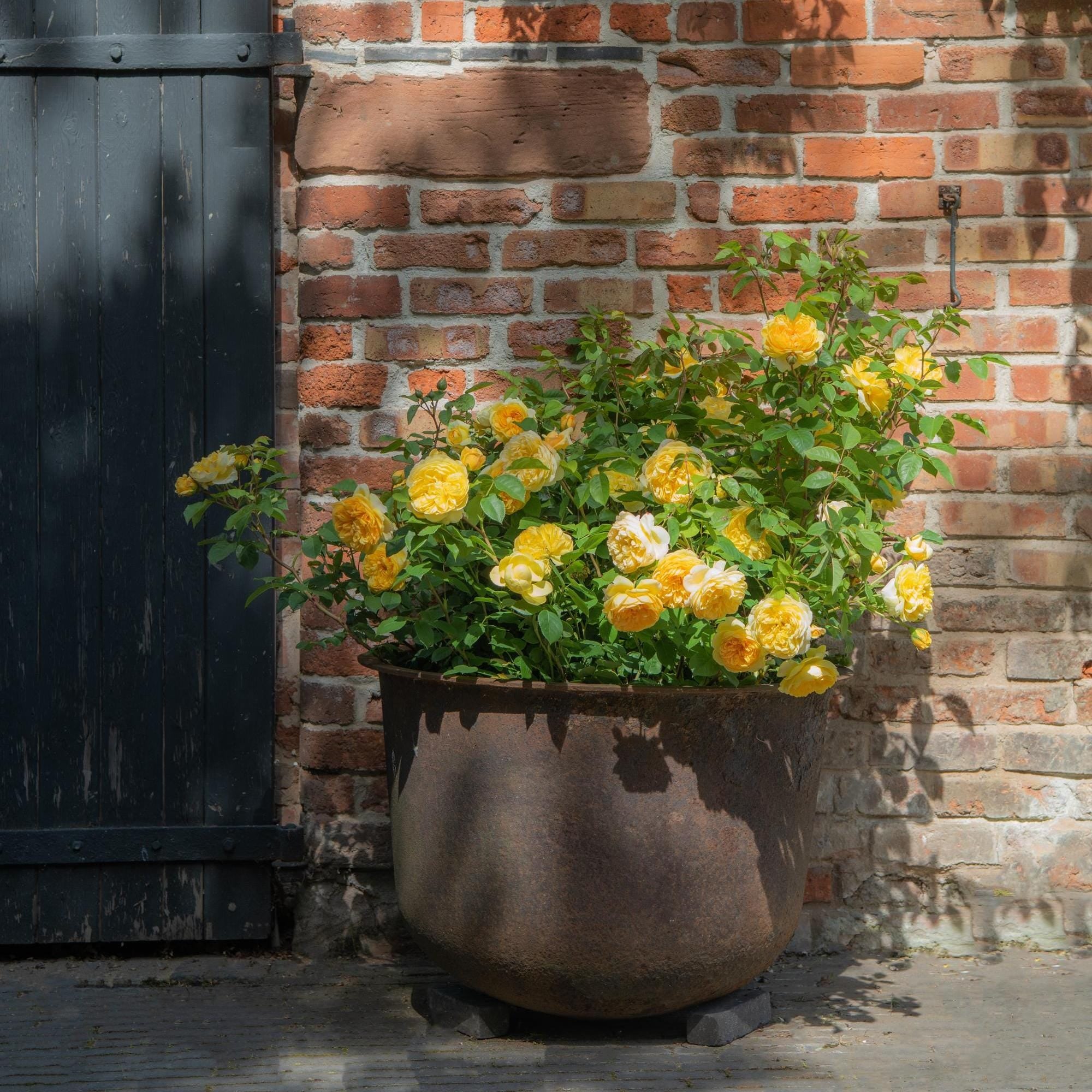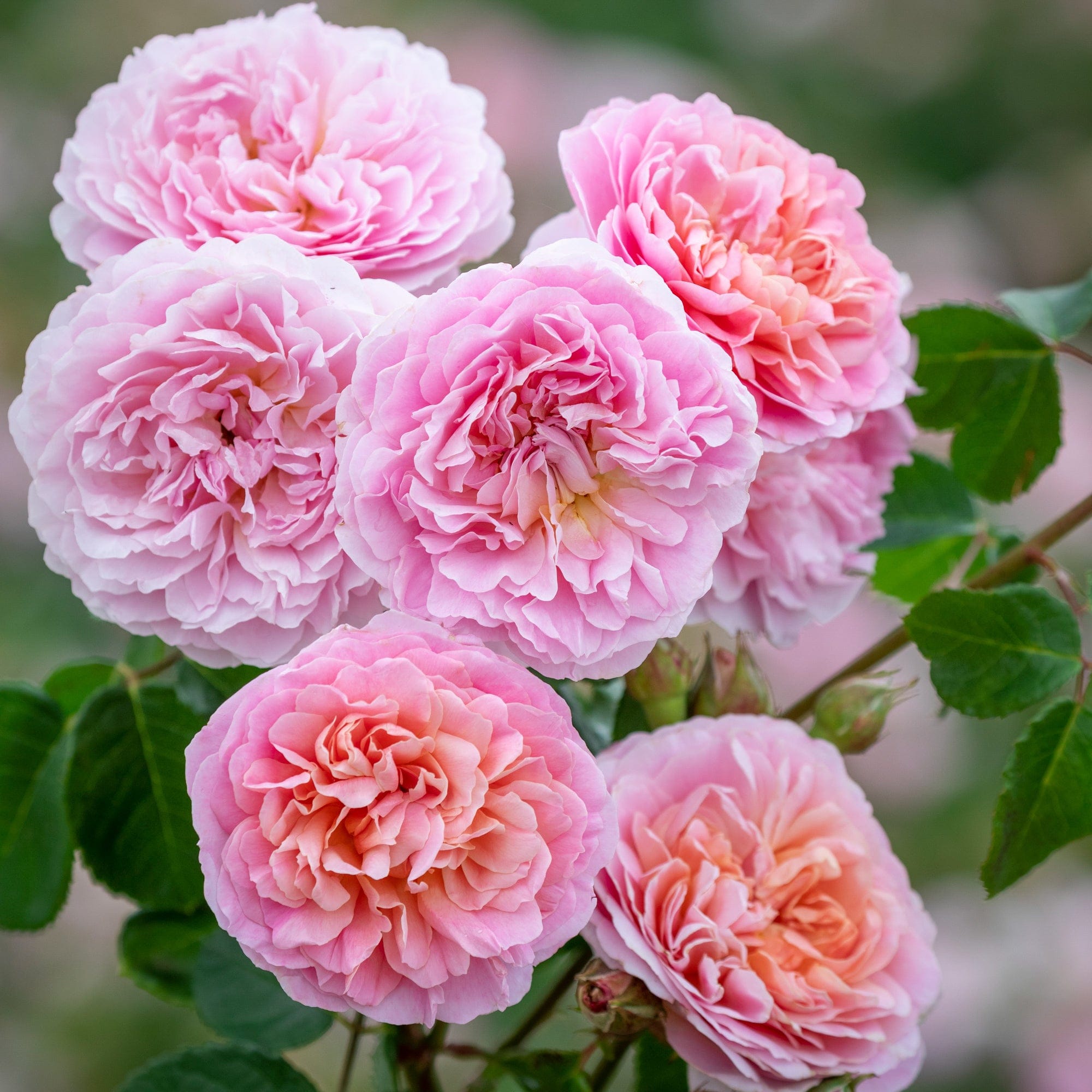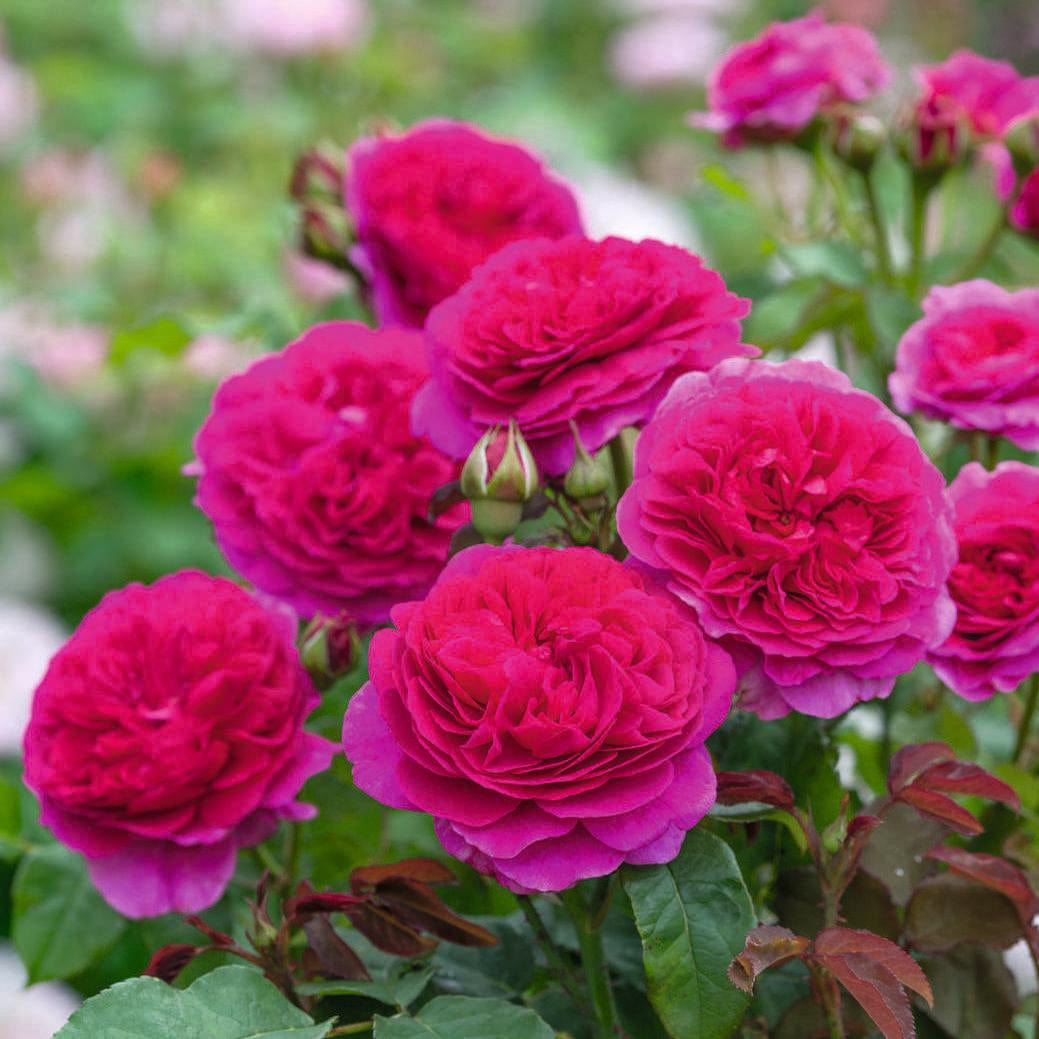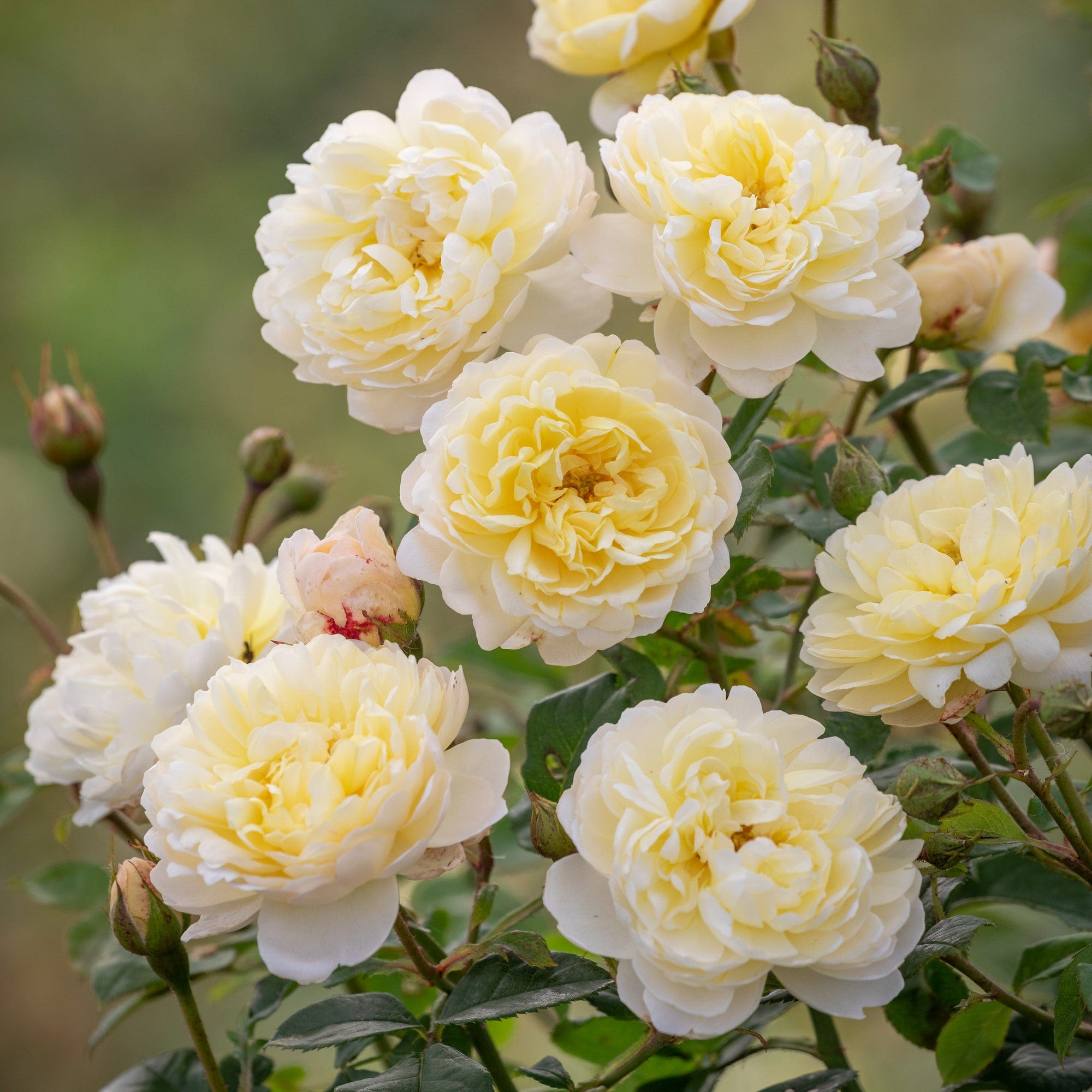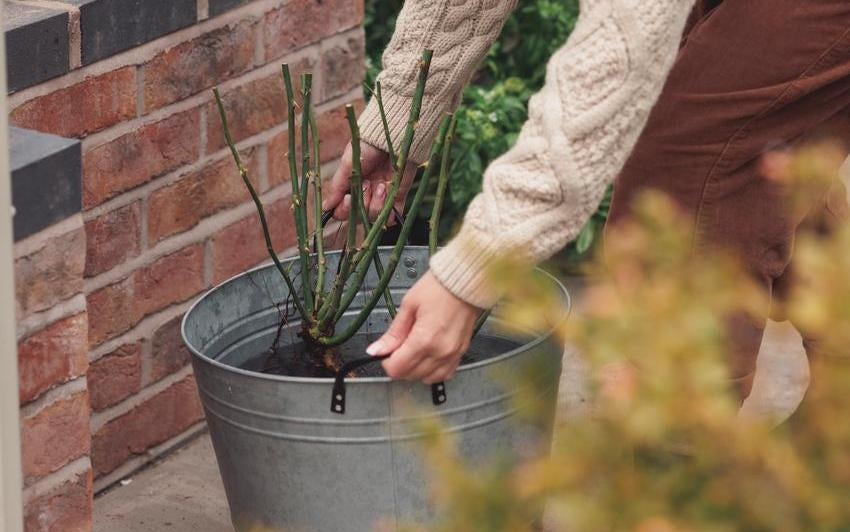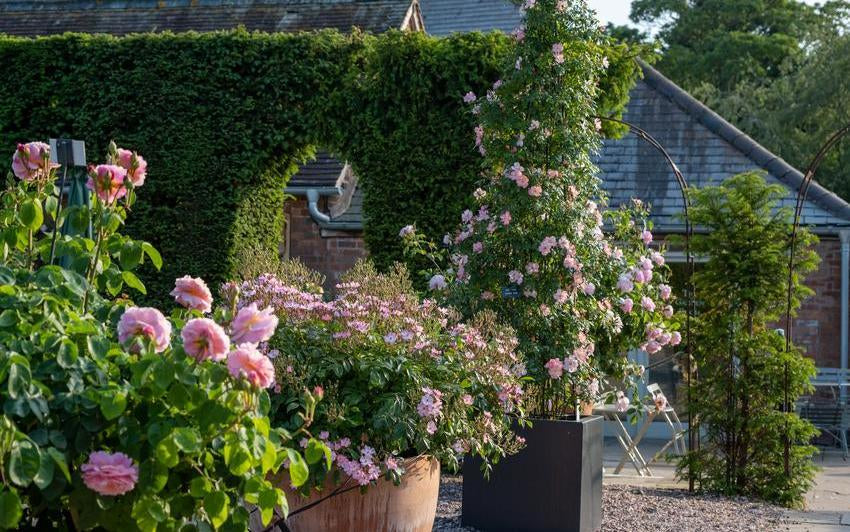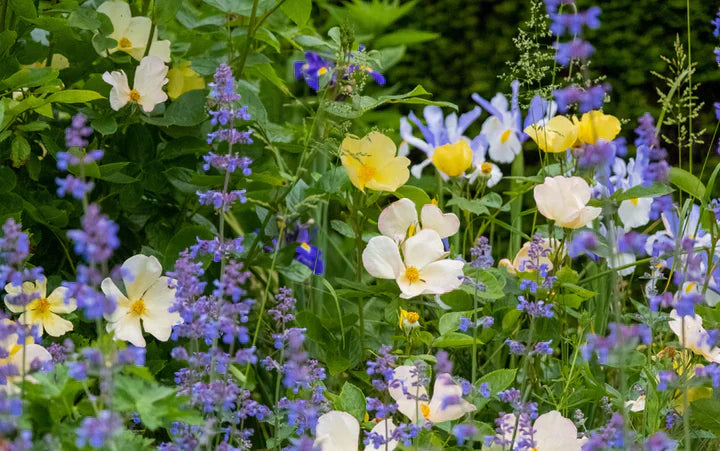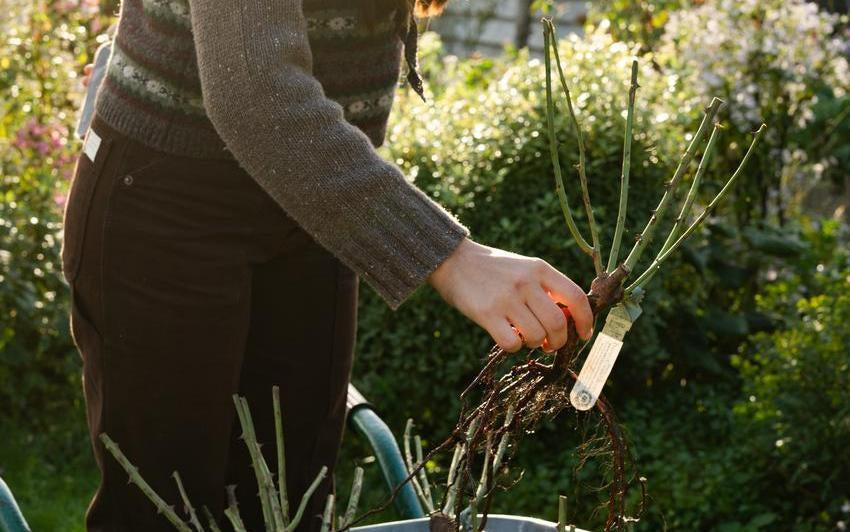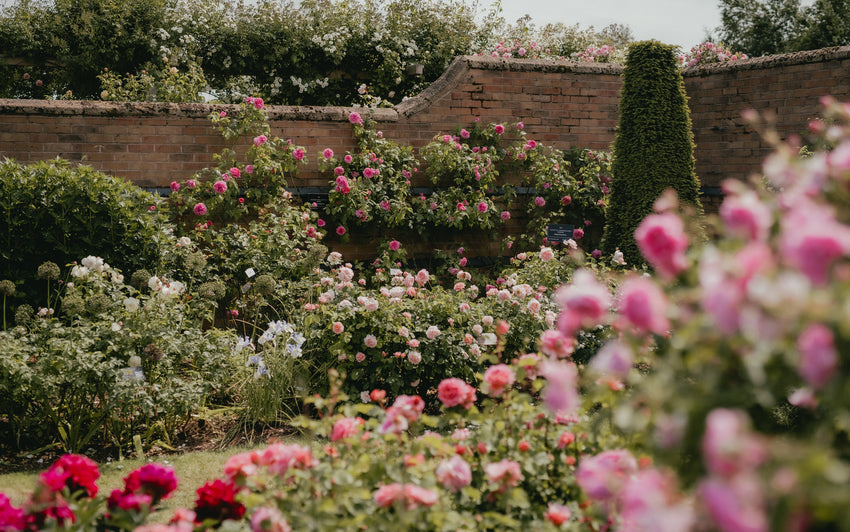Cortisol, the body’s primary stress hormone, is essential for managing the body’s fight or flight response. However, the pressures of modern life have led to persistently high cortisol levels for many, contributing to exhaustion, anxiety, and burnout. The increasing pressures of modern life – work demands, digital overload, and rising living costs - have left many searching for ways to bring calm into their daily routines.
Neuroscientist and Psychologist Ruth Kudzi explains: “Slow living is a trend which has come about as a contrast to the hustle-hard, always-on digital world we find ourselves living in. An unprecedented number of people are suffering from stress, so it’s all about embracing a slower approach to everyday life to help lower cortisol levels and regulate the nervous system.
“Hobbies such as gardening, cooking and exercise have been shown to improve wellbeing as they can reduce our levels of cortisol naturally and provide a hit of dopamine and serotonin. Engaging in these small, intentional actions – like planting a rose, cooking a meal from scratch or taking a mindful walk – can have significant cognitive and emotional benefits, such as improving our relationships, supporting better decision-making, providing clarity and focus, and promoting better sleep.”
Gardening has long been recognised for its mental health benefits. A study from the University of Exeter found that prescribing nature can improve happiness and reduce anxiety, while research into soil microbes revealed that having your hands in the dirt can result in the release of serotonin and offer an anti-depressant effect.
Ruth concurs: “A connection to the earth and being outside has countless physical, mental and emotional benefits. Gardening can force us to disconnect and really focus on the present moment. It’s a whole-body experience that helps us get into a state of flow and feel more connected with nature, which in turn can alleviate stress, anxiety and overwhelm.”
Yet, in a world where many want instant gratification and results, even this mindful activity can test the patience of gardeners. It’s why rose breeder David Austin Roses is encouraging people to return to the traditional planting method of growing bare root roses. Offering a uniquely rewarding way to embrace slow living, these roses arrive dormant and require careful handling and nurturing, making them the perfect companion
for mindful gardening.
“Growing bare root roses is a hands-on journey that rewards patience, care, and a deeper connection with nature."
Unlike instant-impact gardening, nurturing bare root roses encourages us to slow down and appreciate the process — from soaking the roots and preparing the soil to the anticipation of new growth in spring. It’s an exercise in mindfulness, where each stage invites us to be present, engage with the natural world, and find joy in small moments.
In a world that often moves too fast, tending to these roses offers a powerful moment of calm and purpose, with the ultimate reward of stunning blooms that have been carefully cultivated with love and attention.”

Cooking from scratch is another powerful way to practice slow living. The act of preparing a meal, chopping ingredients, and savouring the process can help calm the mind and provide a sense of accomplishment.
Trained Chef, Fitness Instructor and Nutrition Coach Lisa Marley comments: “Cooking is a key cornerstone of slow living. It’s about turning the simple act of preparing a meal into a mindful experience.
“Whether it’s baking bread, chopping vegetables, or simmering a sauce, cooking can be a form of self-care, where you focus on the process and take pleasure in nourishing your body. Slow, intentional cooking fosters creativity and mindfulness, encouraging people to engage with the food they eat and cultivate a deeper sense of gratitude for what nourishes them.”
Growing your own wares can further add to the experience. David adds: “The garden and kitchen are closely connected. From nurturing your own fruit and vegetables to picking fresh herbs for garnishes, or even utilising edible flowers, the opportunity to embrace slow living is endless.
“A particular favourite of mine is making use of rosehips – the fruit from the rose plant. These often-overlooked fruits can be used in cooking to make teas, jams, jellies, syrups, and even added to soups or sauces for a unique flavour. I can’t think of anything more satisfying than enjoying a hot cup of rosehip tea, freshly brewed in the kitchen and picked from plants nurtured from the ground up. The humble rose provides multiple moments to embrace mindfulness!”
Regular movement is essential for reducing stress and maintaining overall well-being. While high-intensity workouts have their benefits, slow and intentional movement can be just as effective in improving physical health while lowering cortisol levels.
In fact, research from the RHS shows that gardening can provide a full-body workout, working all major muscle groups. Just 30 minutes of digging can burn up to 150 calories, while activities like raking and mowing can burn between 150-200 calories. Gardening has even been linked to a lower risk of heart disease and improved flexibility and balance.
Lisa comments: “When it comes to exercise, slow living isn’t always about hitting the gym hard every day or pushing your limits. You can also take time to embrace movement through hobbies you enjoy, such as gardening, yoga, or a simple mindful walk in nature. These restorative and grounding activities not only work the body, but can have profound benefits for the mind, reducing stress, improving flexibility, and fostering a deeper sense of connection to the world around you.”
Indeed, gardening has often been described as "nature’s gym," with 81% of UK adults agreeing that their garden benefits their physical health.
David adds: “The beauty of caring for a rose is the breadth of exercise you’ll unintentionally undertake while enjoying the fresh air, whether you’re digging a hole for your new bare root rose, pruning before the spring sets in, or simply pottering around the garden watering and deadheading. It’s a way of moving that feels effortless yet deeply rewarding, reinforcing the connection between body, mind, and nature.”
In a world that often prioritises speed over stillness, embracing slow living through gardening, cooking, and mindful movement offers a simple yet powerful antidote to modern stress. By reconnecting with nature, engaging in hands-on activities, and taking time to appreciate the process rather than the outcome, we can naturally lower cortisol levels and cultivate a greater sense of balance and wellbeing. Whether it’s tending to a bare root rose, preparing a home-cooked meal, or simply moving with intention, these small but significant moments remind us to slow down, be present, and find joy in the everyday.

